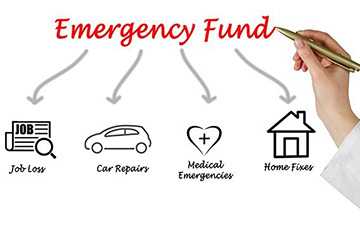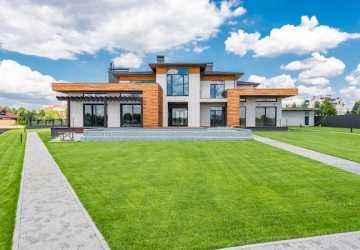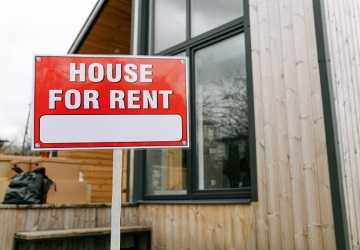How we live has undergone a remarkable revolution over the years, especially regarding residential spaces. As urbanization continues to shape our cities, high-rise living has gained significant momentum. Skyscraper apartments have become synonymous with modern urban living, offering a unique blend of convenience, luxury, and breathtaking views.
This growth has only been inevitable. However, we will examine how these residential spaces have been redefined and why people aren't as inclined toward suburban living today.
The Drawbacks of Suburban Living
While suburban living has its perks, it's also essential to consider the drawbacks that come with it. Suburban neighborhoods may offer a sense of safety and tranquility, but they can also present challenges that impact one's quality of life.
One of the primary drawbacks of suburban living is the need for more diversity and cultural experiences. Suburbs often have a homogeneous population, resulting in limited disclosure of different cultures, ideas, and perspectives. This can lead to a need for more diversity in community events and activities.
Another drawback is the dependency on private transportation. Suburban areas are typically designed around cars, so owning a vehicle for daily chores such as running errands is necessary. This reliance on cars contributes to traffic congestion and increases carbon emissions and air pollution. The cost of living in suburbs can be higher when factoring in property taxes, maintenance costs, and longer commutes.
Plus, even though community living is often highlighted as a positive aspect of suburban life, it can also lead to social isolation. With more considerable distances between neighbors and less walkability compared to urban areas, it can be challenging for residents to foster meaningful connections with their neighbors. In this way, skyscrapers have truly redefined residential spaces as a whole.
The Advantages of Skyscraper Living in Modern Cities
Skyscraper living in modern cities offers many advantages, making it an attractive option for urban dwellers. The towering structures redefine the city skyline and provide a host of amenities and conveniences that enhance the quality of life.
The biggest perk of skyscraper living is the efficient use of space. With limited land in densely populated cities, vertical construction allows more people to reside within a smaller footprint. This means that individuals can enjoy all the benefits of city living without sacrificing spaciousness and comfort.
Moreover, residing in a high-rise apartment offers breathtaking views of the cityscape. Imagine waking up to panoramic vistas and witnessing stunning sunsets from your private balcony. The ever-changing skyline becomes integral to your daily life, providing a sense of awe and inspiration.
Skyscrapers are also synonymous with luxury and exclusivity. These architectural marvels often house state-of-the-art amenities such as fitness centers, swimming pools, rooftop gardens, concierge services, and private cinemas. Residents can indulge in a lifestyle that combines convenience and indulgence right at their doorstep.
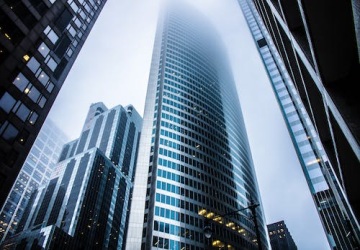
Social Implications of Skyscrapers
Skyscrapers have become iconic symbols of modern cities, reaching for the sky and reshaping urban landscapes. However, their impact goes beyond just the physical environment. The social implications of skyscrapers are considerable, influencing how people interact with their surroundings and each other.
Skyscrapers first tend to create a sense of awe and wonder. Their imposing presence can inspire a feeling of grandeur and aspiration among city dwellers. Moreover, skyscrapers foster economic growth by attracting businesses and investment opportunities. However, it is essential to acknowledge that buildings can also have negative social implications.
One primary concern is the potential segregation they may cause within cities. As land becomes scarce in densely populated areas, developers often prioritize building upward rather than outward. This can result in an uneven distribution of resources and amenities between different neighborhoods or socioeconomic groups.
The Future of Residential Architecture: Sustainable and Smart Homes in Skyscrapers
The future of residential architecture is poised to be a remarkable blend of sustainability and innovative technology, particularly in the context of skyscrapers. As the world grapples with environmental challenges, architects and designers increasingly focus on creating sustainable architecture designs that prioritize energy efficiency and minimize the carbon footprint.
With their towering structures, Skyscrapers offer a unique opportunity to integrate sustainable practices into residential living. From utilizing renewable energy sources such as solar panels to implementing advanced insulation systems that reduce energy consumption, these architectural marvels are becoming symbols of eco-friendly living.
Moreover, integrating innovative home technology in skyscrapers revolutionizes how residents interact with their living spaces. From automated lighting systems that adjust according to natural light availability to intelligent climate control systems that optimize energy usage based on occupancy patterns, these advancements enhance comfort and sustainability.
Overall, the future of residential architecture lies in sustainable and intelligent homes within skyscrapers. By incorporating sustainable architectural designs and integrating innovative home technology, we can create environmentally conscious living spaces that maximize efficiency while enhancing the quality of life for residents.
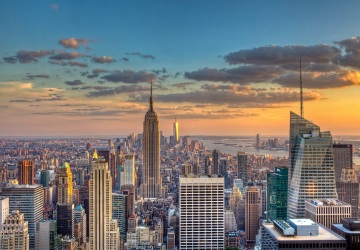
Final Verdict
The allure of high-rise living lies in its ability to provide an unparalleled urban experience. These architectural marvels offer stunning panoramic views and access to various indulgences such as fitness centers, swimming pools, rooftop gardens, and exclusive dining options. The convenience factor of skyscrapers must be considered, too.
Furthermore, skyscraper apartments have become symbols of prestige and status in today's society. Still, it is essential to acknowledge that this evolution in residential spaces also brings forth specific challenges and considerations. Issues such as sustainability, community integration, and maintaining a sense of connection amidst towering heights need careful attention as we embrace this vertical lifestyle.




